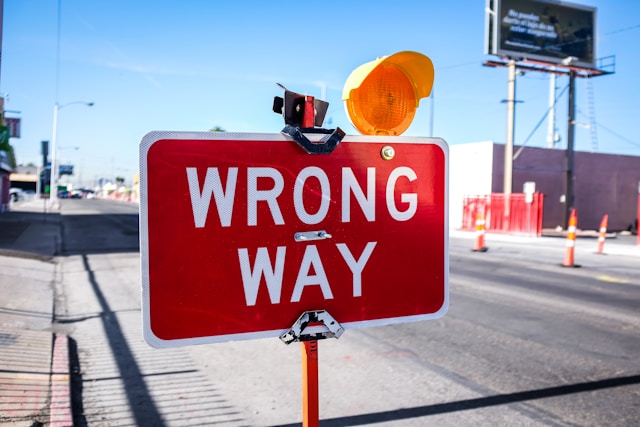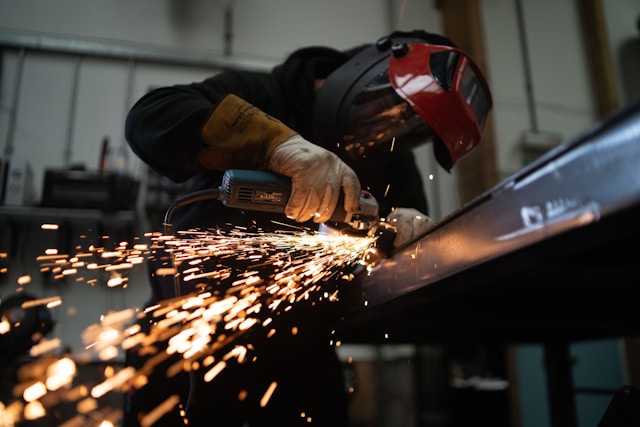A financial safety net is provided by homeowners insurance to keep you out of debt, your assets intact, and your credit score safe in the event of a tragedy. It’s often required by lenders when you get a mortgage. Adding it to your monthly payments may seem like just another cost, but it is worth it for peace of mind.
Coverage for Damages
Homeowners insurance offers coverage for your property in case it’s destroyed or damaged by an event covered by the policy. This insurance covers the price of fixing or replacing your house and your goods. It also offers liability insurance for legal costs if you are judged to be at fault for someone else’s accident or property damage. Most homeowner’s policies provide actual cash value or replacement cost condition coverage. Replacement cost coverage allows you to rebuild or repair your home with comparable quality and quantity materials.
In contrast, actual cash value reimbursement pays you based on your original property’s depreciation. A typical homeowners policy also includes an “other structures” section to protect your property’s freestanding garages, sheds, fences and other detached buildings. However, discussing this coverage with your agent is important, as many companies exclude or limit these items.
Coverage for Damages to Your Property
Most home insurance FT Myers FL providers cover storm, fire, theft, and other damage to your home and personal property. It also helps pay extra living expenses if you have to leave your home while it’s being repaired after a disaster.
Home insurance can cover other structures on your property, like garages, sheds and fences. It can also include a variety of personal property coverages such as furniture, clothes and electronics. Some policies offer replacement cost coverage, which allows you to replace your belongings with new items of similar kind and quality without deducting the cost of depreciation. Working closely with your producer or company ensures you’re properly insured. Most standard homeowners policies have a maximum limit on dwelling coverage and a separate maximum for personal property.
Coverage for Personal Liability
Liability coverage is provided by homeowners insurance if someone is injured on your property. This coverage can assist you in paying for medical expenses, legal fees, and other damages for which you are liable in court. In addition to covering your personal property, most homeowners policies include a percentage of dwelling coverage for personal belongings taken from the home (up to a certain limit). This is called “personal property” coverage. This coverage can also help protect you from lawsuits, which can be expensive and time-consuming.
Coverage for Additional Living Expenses
Additional living expenses (ALE) insurance, which is standard in most homeowners, condo, and renters policies, can assist in paying for your accommodation and food expenditures if your house is rendered uninhabitable due to a covered occurrence. This is also sometimes referred to as loss of use coverage. Insurance companies set limits on ALE and may require proof of your expenses, including restaurant and hotel bill receipts. They will likely only reimburse you for items you wouldn’t have otherwise paid for if your house had not been damaged. Keep in mind that this coverage does not cover mortgage or tuition payments. If you need to return to school or work, you will likely have to continue paying those costs out of your pocket.
Coverage for Damages to Other People’s Property
Most mortgage lenders require homeowners insurance before lending money to buyers. Homeowners insurance protects consumers’ largest investment and offers peace of mind from knowing they can replace their property in the event of a loss. Homeowners’ policies generally cover damage to the dwelling and personal contents on a named perils basis. The more comprehensive Special Form policy covers the home on an all-risks basis with some exceptions (like flood or earthquake). Other structures coverage covers buildings and additions to your home that aren’t attached to the house, such as a garage, shed, fence, and swing set. Some homeowner’s policies limit coverage for personal property to a specific dollar amount or period; for higher-value items, consider additional coverage available through other endorsements or separate personal property policies.




